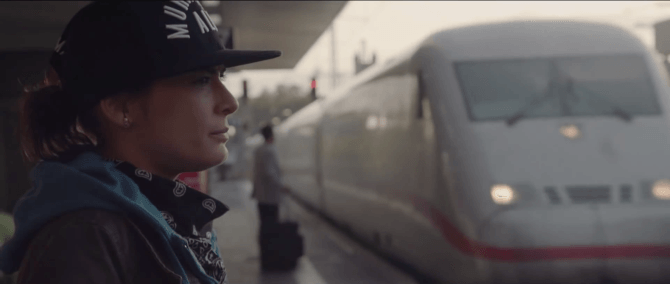Reggae Music originates from Jamaica. But what is the result when Jamaican beats meet Turkish influences?
Selektas (Reggae DJs) have been playing in Istanbul since the 70s, but it’s only been possible to experience live concerts of Turkish reggae bands for the past 15 years. Up until today only two Turkish reggae albums have been released. However, it appears that this number will soon rise. It’s become more and more common to see reggae bands on Istanbul’s stages. More than anything, they play for peace, love and the joy of life. Here, we’ll introduce you to a few of these rare Turkish bands.
SATTAS
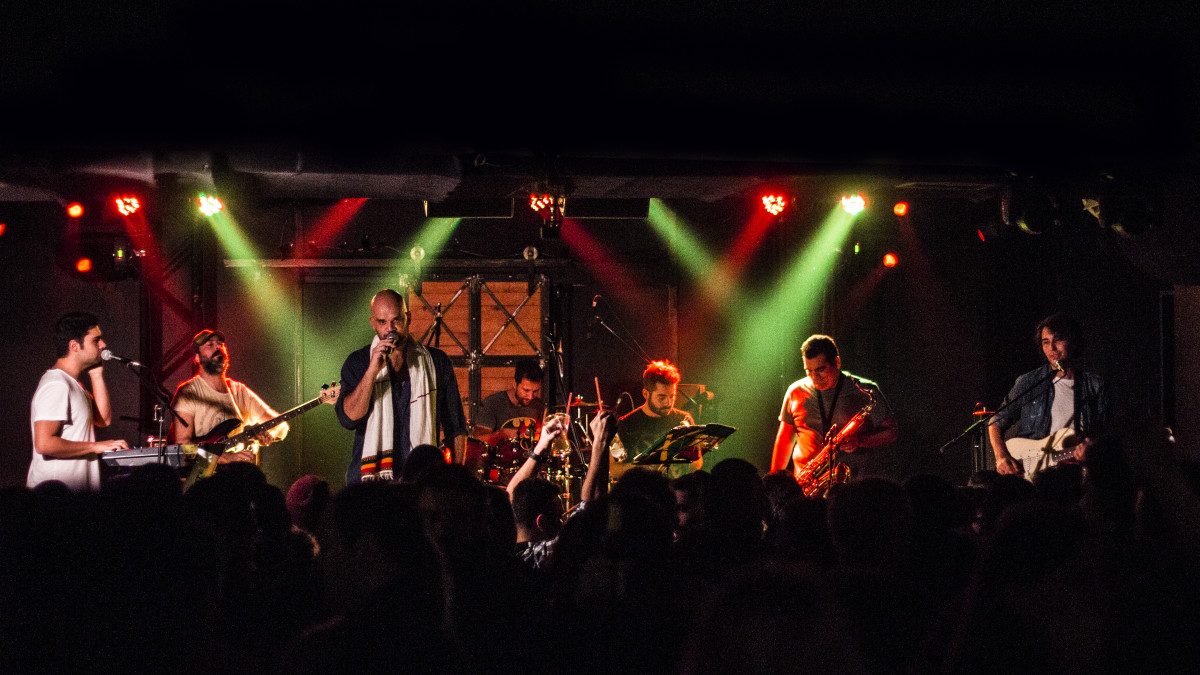
- Foto: www.sattas.org
Sattas was founded by Orçun Sünear and Derya Eke in 2004. The group’s name comes from the Jamaican English word »Satta«. It means something like »relax«, »chill«, »never mind«. In 2012, Sattas released Turkey’s first ever reggae album, »SATTAS – SATTAS«. Half of the songs are in Turkish, the other half in English. Without straying from »roots reggae« , the band combines genres like jazz, ska, dub and even rock. It’s no surprise considering that all of the musicians in the band come from different musical backgrounds. Sattas is also known internationally: Last summer the band headlined the Ruhr Reggae Festival.
Band Members:
Mert Fehmi Alatan: Trumpet
Emir Erünsal: Tenor/Barritone Sax
Seçkin »Bone Daddy« Özmutlu: Trombone
Deniz »Mr. Felder« Felder: Tenor Sax
Faruk Demir Tugayoğlu: Keyboard/Back Vocals
Batu Kurnaz: Guitar
Sami »Mr. Vertigo« Dönmez: Guitar/Back Vocals
Cem »Vampire« Konuk: Bass
Öykü »Dubatista« Gulata: Bass
Derya »Derryll« Eke: Drums/nayahbyng
Orçun »Leo« Sünear: Vocals/Melodica
KOALA REGGAE BAND
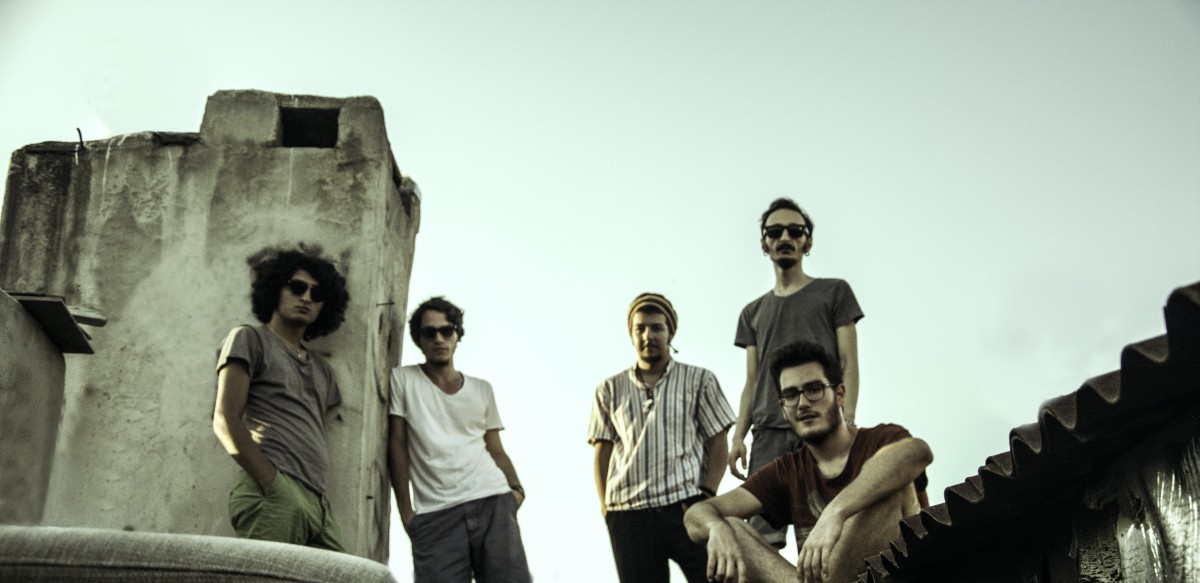
- Photo: Deniz Tahmaz
There are multiple different international schools on Tünel Square in the Istanbul district of Beyoğlu. Barış Öner (Vocals) and Emre Namlı (Guitar) met and became friends at the Austrian Kolleg Sankt Georg. Jan Artur (Saxophone) went to the German School in Istanbul. Since all of the schools are near the Galata Tower, the musicians randomly met on Galip Dede Street, also known as Music Street. The street, which is famous in Istanbul’s music scene due to the many music shops that once lined the street, snakes its way from Tünel Square and Galata Tower under to Galata Bridge, and is a stage for many street musicians. At the same time, Öner, Namlı and Artur founded an indie rock band named Leiwand. After other musicians joined, the band changed their name and began playing reggae in 2014. The name Koala fit the slower and more relaxed rhythm of reggae music better. In 2015, Koala released their first album: »Koalasyon«. The use of the Greek instrument bouzoui and politically critical lyrics are what make this album special.
KOMIK GÜNLER
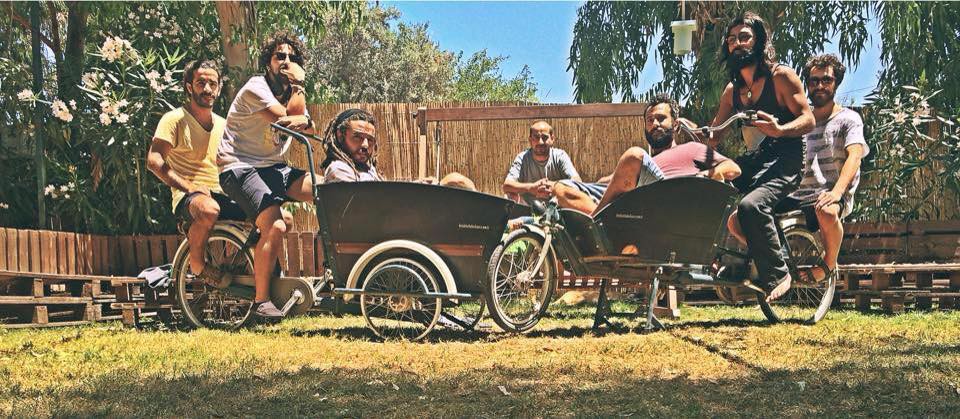
- Photo: Cihan Cokbilir, www.komikgünler.com
Komik Günler is a band from the capital, Ankara. After moving to Istanbul, the band played for a long time on İstiklal Caddesi. Their first album, »Kurtların Arasında« (engl.: »Between the Wolves«) was released in 2014. Komik Günler means »Funny Days« in Turkish. Why that name? As the musicians themselves say: »Komik Günler describes a smily behind the facade«.
BOSPHOROOTS
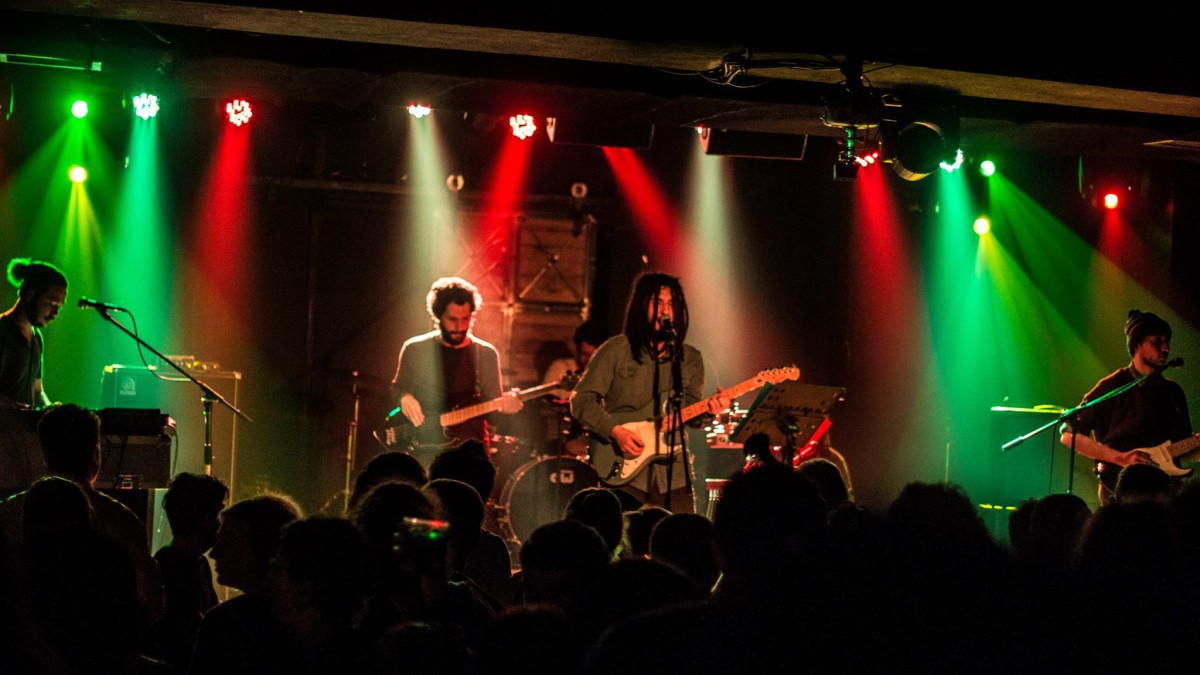
- Photo: Idil Dilber, DorockXL
Bosphoroots had their first concert in 2015 in Nayah, home to Istanbul’s reggae scene’s most important stage. The name is a mixture out of »Istanbul Bosporus« und »Roots Reggae«. The band’s first song, »This Is How I Want« was released last summer with a self-filmed video. Sürücü (Vocals and Guitar) stresses that it’s important for the band to produce songs in English so that their music can have more international exposure. On the other hand, Sürücü believes it’s important to sing reggae music in Turkish so that the audiences in Turkey can better relate to the songs. Alongside their own music, the band covers songs by legends such as Bob Marley, Peter Tosh, Burning Spear, Israel Vibration and Groundation.
ZEYTIN
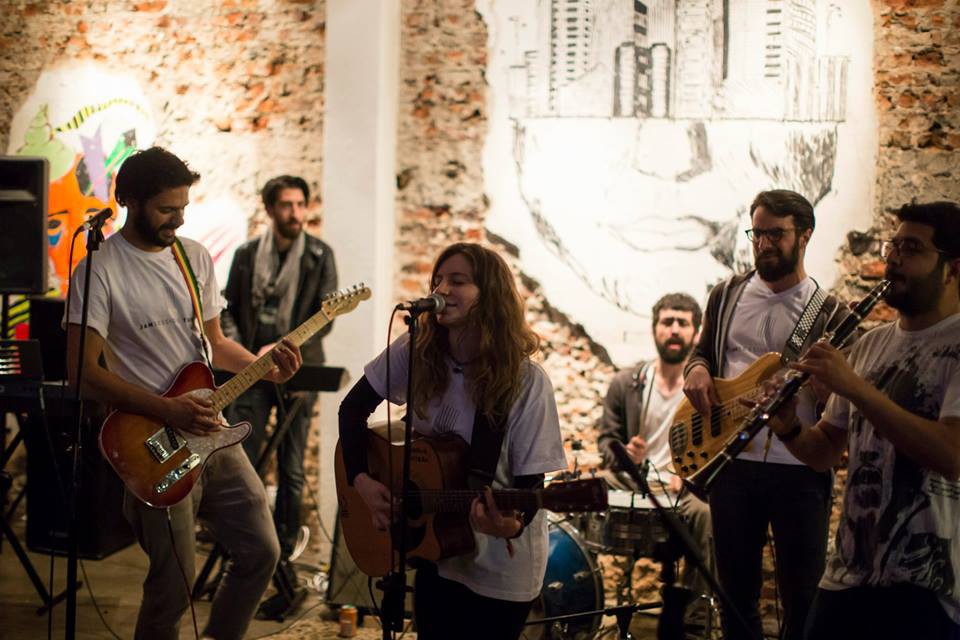
- Photo: Jam Session Turkey, www.zeytinmusic.com
Zeytin was founded in 2014 by Melissa Clissold (Vocals and Acoustic Guitar). The band doesn’t play roots reggae, rather, it combines rock and various reggae forms. Zeytin is the Turkish word for olive. Aside from that, the olive branch represents peace. The reggae-rock band also played at the Seasplash Disco Festival in Croatia. Their new songs »Sabır« (Patience) and »Neredeyim?« (Where am I?) can be found online. That means that the band will be releasing an EP soon.
COME AGAIN
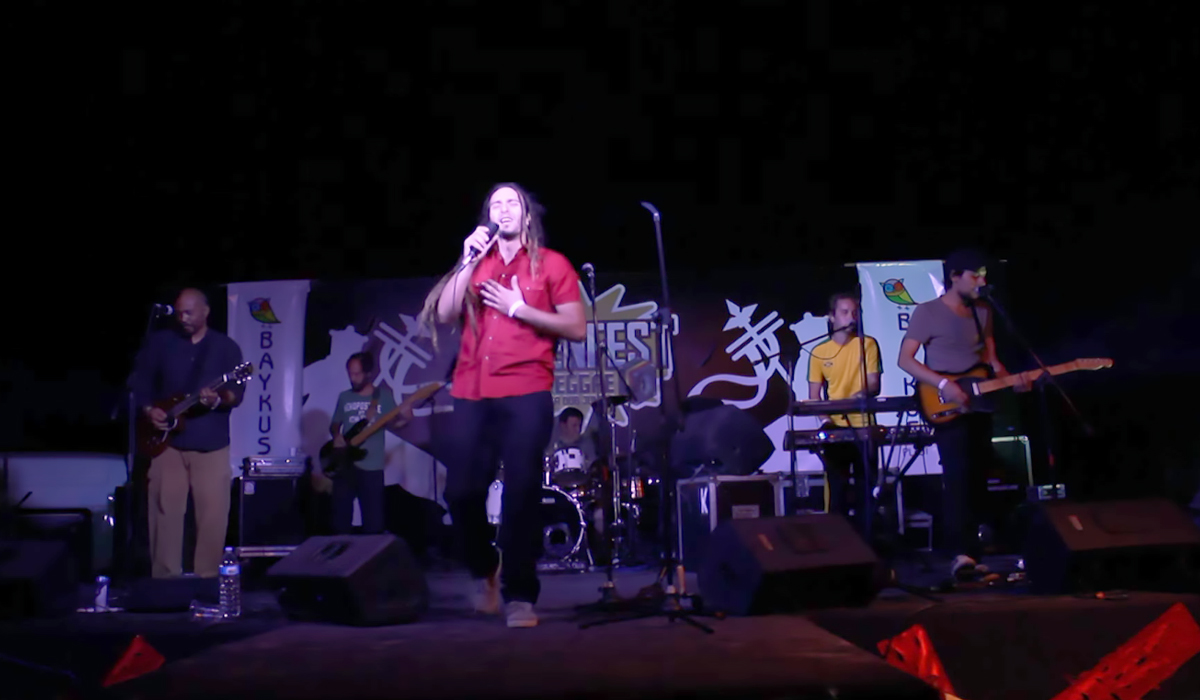
- Screenshot: www.youtube.com/comeagainreggae
The roots-dub band Come Again, founded in 2010, started out only playing covers of old reggae songs. Everything was completely instrumental without any lyrics. After Gökçe B. Mökükçü (Vocals) joined the band, the songs improved more than anything in content. The band began writing their own lyrics to known ska, reggae and dub beats and translating some songs into the Turkish for live performances. Come Again wants to show the audience that reggae is not just a dance music, but can also transport emotions.
Titelbild: Deniz Akgündüz



